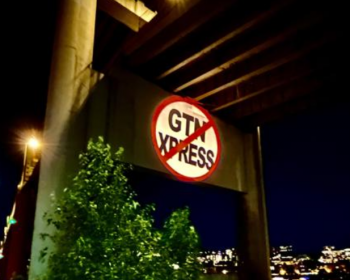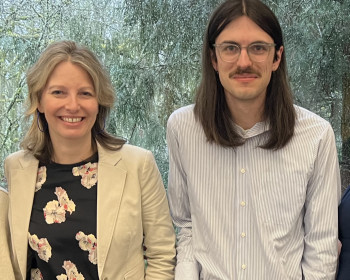Updates from the March Meeting of the Oregon Environmental Quality Commission
Open gallery

On March 21, the EQC discussed updates to the Department of Environmental Quality (DEQ) Cleaner Air Oregon process through the passage of Senate Bill 1541. The bill adjusted the cancer and non-cancer risk levels for existing facilities, created an Area Risk Pilot Program to measure localized cancer risks, and authorized 11 new positions at DEQ, among other updates. The EQC also discussed next steps related to Senate Bill 1507, the Clean Energy Jobs bill. Though SB 1507 was not adopted during the 2018 session, Senate President Peter Courtney and House Speaker Tina Kotek formed a Joint Committee on Carbon Reduction and a Governor’s Carbon Policy Office to continue discussions on an Oregon carbon-pricing program. The EQC also discussed two additional bills that failed to pass in 2018, including House Bill 4003 and Senate Bill 1509, which were designed to regulate diesel emissions and would have given local jurisdictions authority to regulate idling, as well as House Bill 1409, which would have given DEQ and the Oregon Department of Forestry authority to research and promote carbon sequestration efforts. Although HB 1409 did not pass, the legislature did include funds for the Carbon Policy Office to study ways to utilize the state’s forests and fields to sequester carbon.
The EQC then engaged in a high-level discussion of 2019 legislative concepts, with the intention of providing further details at the upcoming meeting in May. These concepts included an expansion to the allowable usage of the Volkswagen settlement funds for diesel powered trucks and equipment and electric vehicle charging infrastructure, as well as a proposal to raise Title V permit fees to eliminate the current permit backlog, as suggested by findings from a recent Secretary of State audit.
More Green Energy Institute Stories
Green Energy is located in Wood Hall on the Law Campus.
email gei@lclark.edu
Director
Carra Sahler
Green Energy
Lewis & Clark Law School
10101 S. Terwilliger Boulevard MSC
Portland OR 97219

